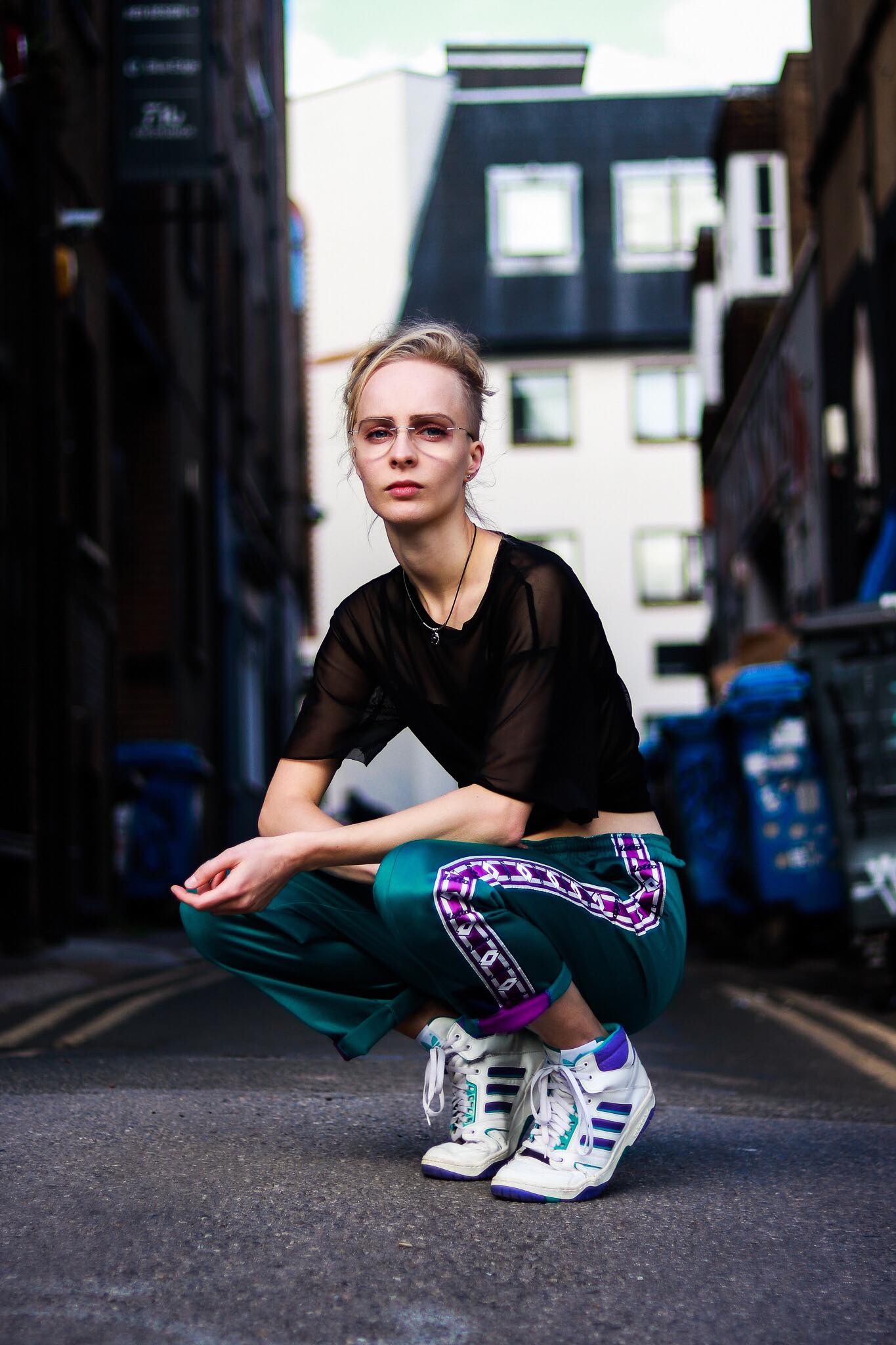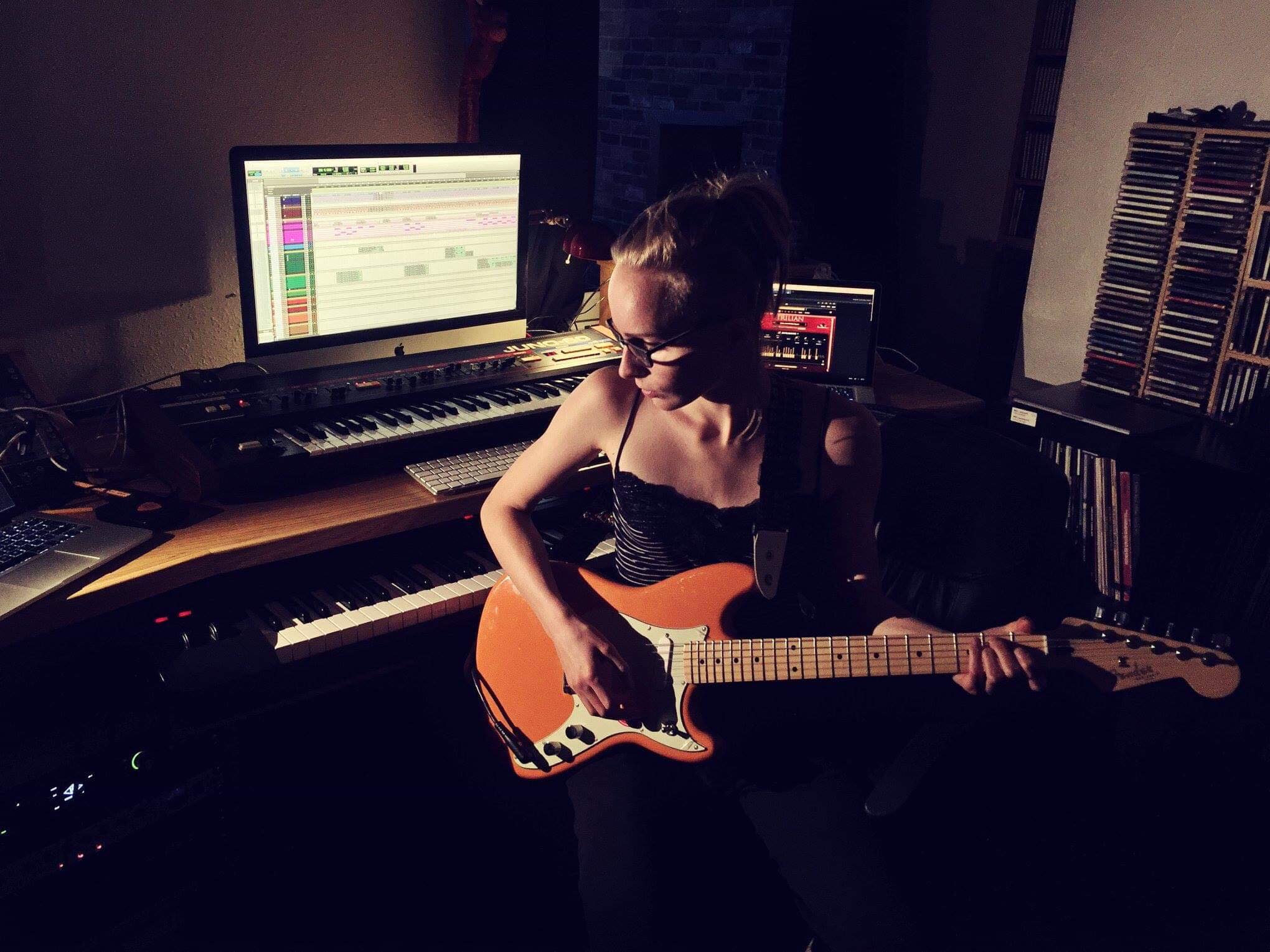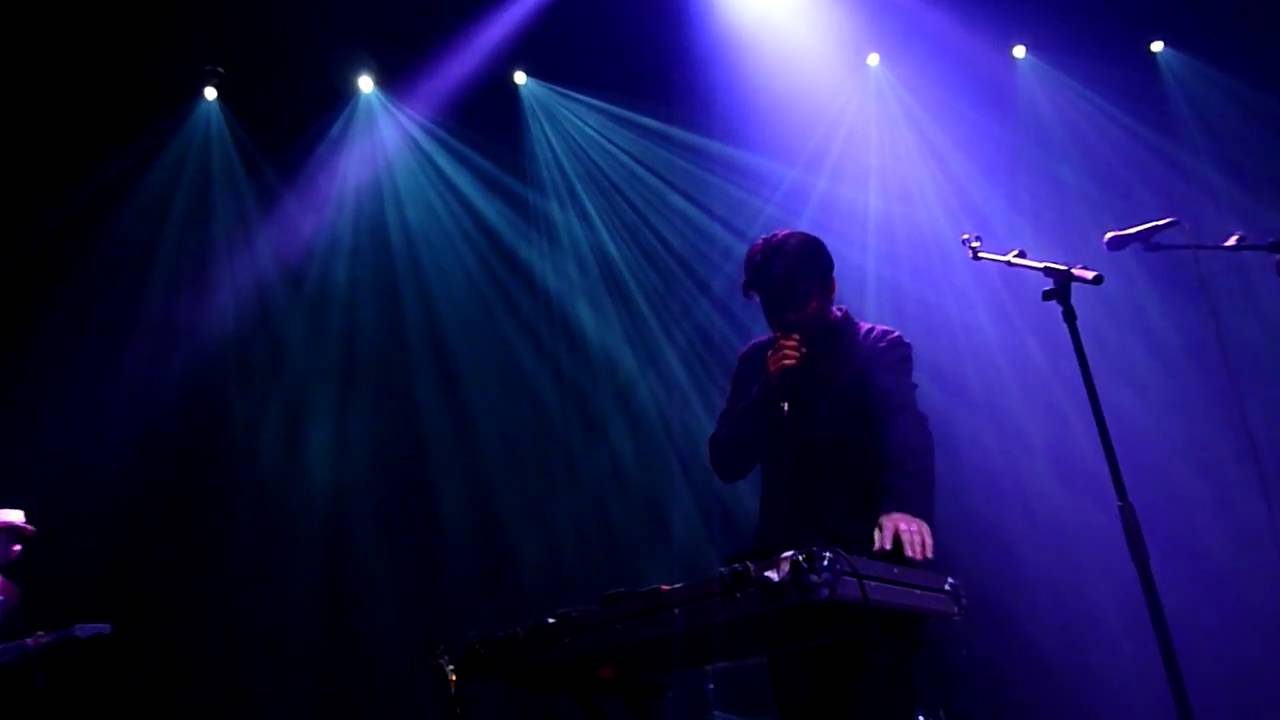Last week I met with musician and second-year Sussex student Josey Marina, who recently released a new climate change-inspired single, ‘Moors’ (available across various streaming platforms.) We sat down to chat music-making, political activism and making time for both amidst university life!
How would you, in your own words, describe the music you make?
I’d describe it as having a haunting sound that’s within the pop realm but varies quite a lot in style. My newest song is very stripped down and sombre– but generally, I want to move towards more jazz and funk-style pop. Currently, I guess I call it ‘dark pop’ – something that is atmospheric and visual.
So your latest track, ‘Moors’ – what were the inspirations and themes behind that?
Since I’ve started studying International Relations, I’ve wanted to write more political music. I’d been meaning to write something about climate change and about polarised politics in Europe – potentially together with the images of burning. Last summer I was on a walk near Manchester, where I live; we were in the countryside up on the moors, and my friend and I could actually smell where it had been burning and it was blackened up. Then when I got home I just started writing. It was one of those ones that really wrote itself. I started off with the scene I’d experienced and then went into the more general themes of climate change and the lack of action.
So are political themes something that you’d say are central in your music, and something that you’d like to keep bringing up?
It hasn’t been a reality until quite recently but I definitely would like to focus on it more – especially current affairs. I would also like to write about same-sex love, which can be quite political even if it’s just your own experiences you’re writing about. But yeah, climate change is maybe the main thing I’d like to focus on because I feel like I have much to say about it.
So do you want to talk a bit more about your involvement in the climate change movement, on and off campus?
I’ve been volunteering for a legal-focused climate charity called Plan B Earth, who are using the law to hold power to account. For instance, in cases where the government’s policies are not lining up to the Paris agreement and the science from the IPCC report, Plan B will file lawsuits against the UK government. I was doing social media for Plan B when I started working there but I’ve also been performing for them at the events we’ve done. There’s also the Climate Action Movement (CAM) society on campus which is quite active. I’ve not been as involved with it as I’d like to have been lately, but I did get involved in the recent strikes and marches.
Do you think students today are quite political?
I would say so – it probably depends on what bubble you’re in. With my friends, definitely, but I think that’s partly because I study International Relations, which is inherently political, and I go to societies like CAM. But I would say so. One of the slogans that our coursemate Roseanne came up with for the youth climate strikes was “We are not the procrastination generation,” which I thought hits the nail on the head. It challenges the image of students who don’t really do anything; in reality, we’ve always been political and I think young people will continue to be involved.
Do you think music is quite political today? Do you listen to many political artists?
I am inspired by some very political artists – like Akala, a rapper and scholar from London who talks a lot about race and capitalism and much more. As I said, all queer artists are in some way political, and I definitely listen to a lot of queer pop. Music is always political in some way because personal experience is intertwined with the political landscape. The majority of pop music may not be consciously political, but there’s a lot out there, definitely.

Then continuing on in terms of inspiration, what inspires your personal style of music/vocals?
Lyrically, visuals and atmospheres and colours have always been important in the way I write songs – trying to paint an atmosphere with the sounds and the words. In terms of particular artists I’m inspired by… there are so many; it changes all the time. I have quite a broad range of taste in music – for example, I was listening to country music yesterday, which I don’t normally do – but yeah, just little bits of everything.
You also mentioned maybe taking your sound in a more jazz-sounding direction – what directions have you considered experimenting with or pursuing?
I’m working with one of my best mates and engineer/co-producer Jack Beech. He’s a great composer and we’ve been writing some jazzy tracks together for our joint project, and I want to bring that into my own music. I’ve also done a bit of work for TV which is fun, and a good way to write cinematic, short, catchy tracks – I’d love to do more of that. Genre-wise I’d like to always keep changing and expanding. In general, I want to make music that’s a bit more upbeat. There was quite a late night 80s sound in my recent track ‘Queen Of The Coloured Clouds’, and I really enjoyed that.
How do you balance university life with developing your music?
Something that has helped this year is being a lot more chilled with my music. Though I’ve never worked as hard as I probably could, I’ve always put a lot of pressure on myself and been like, “you should be doing this and this”, whereas this year I’ve taken a step back and actually been more productive because of that. Because the work we’re doing in IR can directly inspire my music, university intermingles with it. I am busy, and sometimes it is a bit much, but I know I’m in control and I remind myself that I can do what I want to do.
Would you say living in Brighton has affected your music in terms of its cultural and music scenes?
Going back to the queer inspirations in my music, that’s definitely been something that’s come up more from being in Brighton – I don’t think that’s necessarily just because of Brighton being the “gay capital” of the UK. It’s also just being at this stage of my life, as well as having more queer friends down here and going to queer club nights. Also, I met my friend Drew in Brighton and he’s currently drumming with me, plus a lot of other musicians and creatives. I’m also working for a magazine called Smashed Vinyl which is a small new music magazine, edited by Jenny Eva who is a Sussex student. So Brighton has definitely brought cool opportunities.
Great! And just to wrap up, what advice would you give to others who are interested in pursuing music while at university?
That’s a good question, and I feel like I could take some of this advice… but mainly it’s taking opportunities to reach out, and getting involved with the student union, but at the same time knowing that if you’re feeling overwhelmed, you need to choose short term priorities and know there’s always going to be time. You obviously need to have fun with music and try to make connections doing it, but do not let it become a chore. I feel like if you can’t balance it properly then sometimes the best way is to just focus on one thing at a time, so maybe music will just chill for a little bit while dealing with university work. It’s just taking it as it comes.
Image credits: Header – Jack Beech, Body – Alessandro Piolanti



